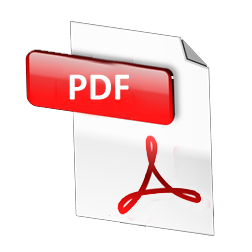Article 3324
| Title of the article |
ALGORITHMIC SUPPORT OF A MULTI-AGENT INFORMATION AND MEASUREMENT CONTROL SYSTEM FOR A GROUP OF UNMANNED AERIAL VEHICLES |
| Authors |
Askar G. Izbasov, Deputy head of the Military Institute, Military Institute of the Air Defense Forces of Aktobe (39 A Aliya Moldagulova street, Aktobe, Republic of Kazakhstan), E-mail: iag1973@mail.ru |
| Abstract |
Background. The paper formalizes the tasks of intelligent control of a group of unmanned aerial vehicles. The tasks of intellectual management of a group of UAV agents are evaluated. In the paradigm of the multi-agent approach, the algorithm of functioning of the information and measurement control system for a group of unmanned aerial vehicles is disclosed in detail. Materials and methods. During the analysis of known approaches to the management of a group of flight vehicles, their disadvantages are substantiated and the advantages of multi-agent management with the representation of each control object in the form of a functionally self-sufficient agent are highlighted. The algorithm of operation of a multi-agent intelligent control system for a group of UAVs is given. Results. The algorithm provides an increase in the level of autonomous self-organization when performing both planned and unplanned tasks with periodic target allocation. Conclusions. The stages of performing the tasks of intelligent control of a group of UAV agents are formulated, taking into account the influencing factors that make it possible to effectively coordinate the actions of the devices within the group. An algorithm has been developed for the operation of a multi-agent control system for a group of UAV agents, taking into account devices with limited performance characteristics, ensuring the autonomy of the group with periodic distribution of goals to perform planned tasks. |
| Key words |
information and measurement system, control, aircraft, multi-agent approach |
 |
Download PDF |
| For citation: |
Izbasov A.G., Golovin P.D., Yurkov N.K., Goryachev N.V., Kochegarov I.I. Algorithmic support of a multi-agent information and measurement control system for a group of unmanned aerial vehicles. Izmerenie. Monitoring. Upravlenie. Kontrol' = Measuring. Monitoring. Management. Control. 2024;(3):25–31. (In Russ.). doi: 10.21685/2307-5538-2024-3-3 |
Дата обновления: 09.10.2024 14:44


